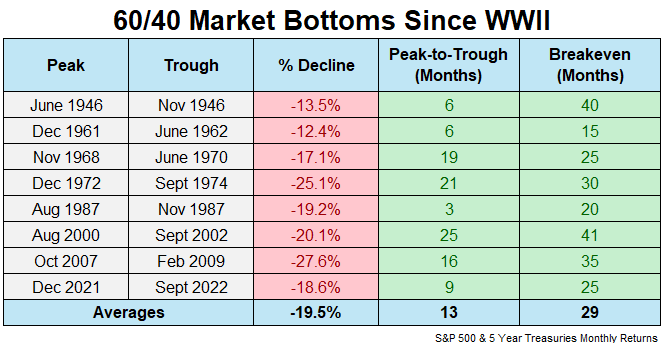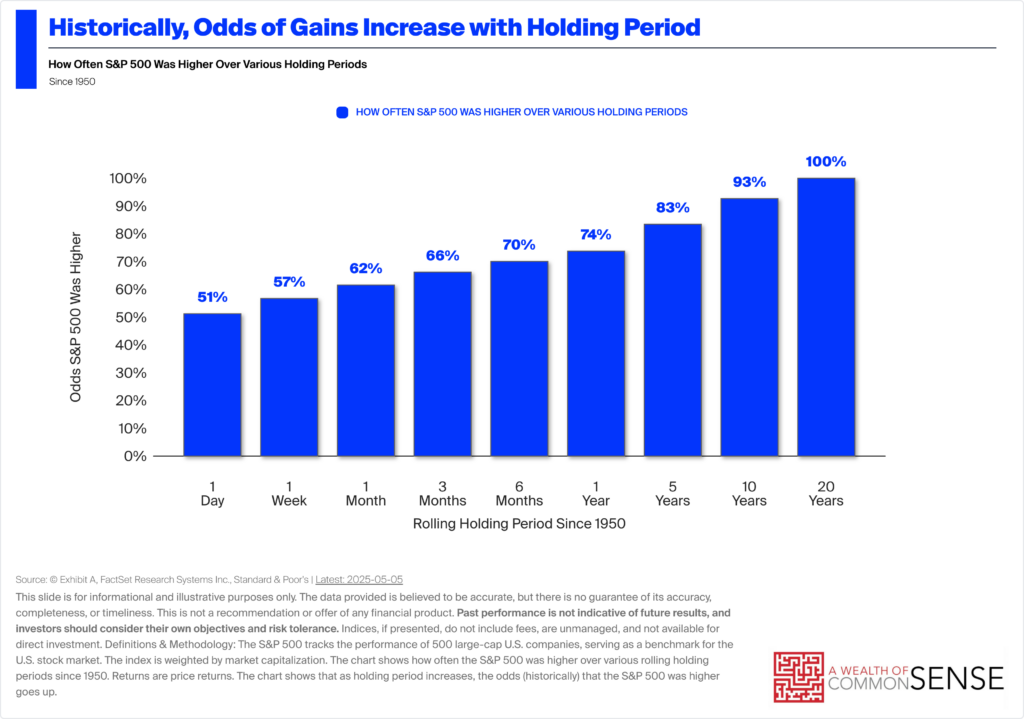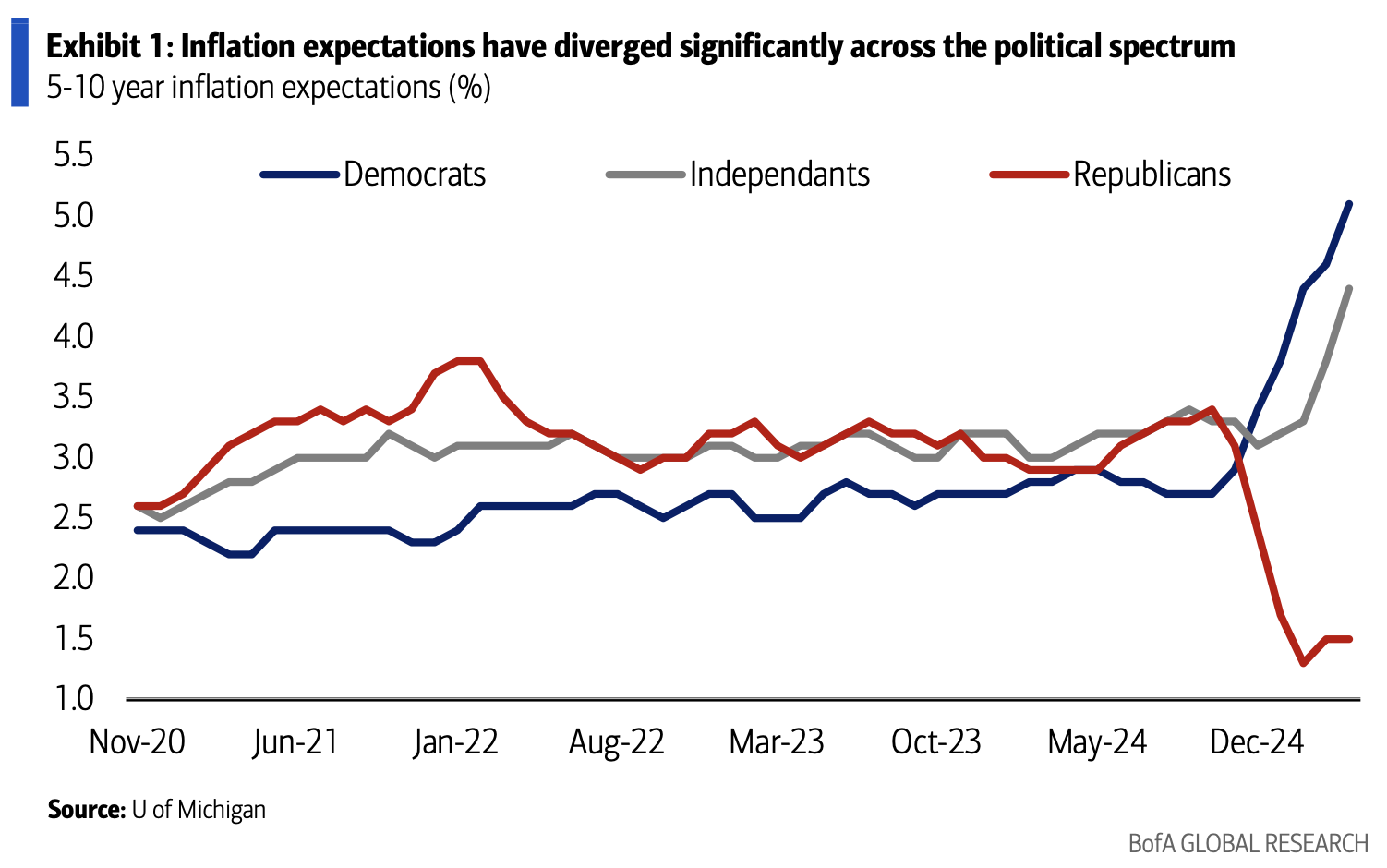Medical Properties Trust (MPW) Vs. Federal Realty Investment Trust (FRT): Which REIT Is the Better Dividend Stock?
Dividend stocks are a popular choice for income focused investors. Retirees, especially, are the main demand drivers for dividend stocks, with consistency and reliability of paramount importance in their golden years, when risk tolerance has dropped considerably. Therefore, preference for Dividend Kings (those stocks with 50 or more consecutive years of dividend increases) and why […] The post Medical Properties Trust (MPW) Vs. Federal Realty Investment Trust (FRT): Which REIT Is the Better Dividend Stock? appeared first on 24/7 Wall St..

Key Points
-
REITs are often favored for retirement portfolios due to their usually reliable income streams.
-
When REITs focus on real estate for specific industrial sectors, those sectors’ economic conditions can subsequently impact the REITs servicing them accordingly.
-
Stability and dependability of dividend income is generally of greater importance to retirees than higher yields.
-
Are you ahead or behind on retirement? SmartAsset’s free tool can match you with a financial advisor in minutes to help you answer that today. Each advisor has been carefully vetted and must act in your best interests. Don’t waste another minute – get started by clicking here.(Sponsor)
Dividend stocks are a popular choice for income focused investors. Retirees, especially, are the main demand drivers for dividend stocks, with consistency and reliability of paramount importance in their golden years, when risk tolerance has dropped considerably. Therefore, preference for Dividend Kings (those stocks with 50 or more consecutive years of dividend increases) and why they are so highly prized is understandable.
Real Estate Investment Trusts (REIT) access the capital markets for the large amount of funds available to engage in real estate on a broader level than a small portfolio of properties. In exchange for a public listing, they must remit 90% of profits back to shareholders. As such, they are an important category for dividend minded retired investors, for several reasons:
- REITs whose income is derived from rent rolls are usually impervious to interest rate fluctuations.
- Dividends from REITs are usually tax free if held in a Roth IRA account.
- Well managed REITs can also generate capital appreciation upside in addition to sizable income.
REITs focused on commercial real estate often concentrate on particular industrial sectors, due to management familiarity, personnel skill sets and industry contacts, and other factors. On the plus side, establishing the REIT as a reliable entity in a particular industry can more easily attract many players within the sector who are all looking for a competitive advantage over their rivals. Being able to cater to multiple players in an industry in an agnostic fashion will quickly establish that REIT as a favored name in that industry. Conversely, as the REIT becomes more dependent on its client rent rolls, the proportional lack of industrial diversification can add risk to the REITs rent roll income. A downturn in an industry can impact most of the players in that sector, multiplying the fallout to the REIT in question.
Two REITs with divergent backgrounds but with above average yields to compare are Medical Properties Trust (NYSE: MPW), which specializes in healthcare businesses, and Federal Realty Investment Trust (NYSE: FRT).
Medical Properties Trust

Medical Properties Trust is based in Birmingham, Alabama and primarily owns properties servicing the medical and healthcare industries. With holdings across 9 countries (mostly Americas and Europe), 396 separate properties, 53 commercial tenants, and over 39,000 hospital beds, MPW has built its business model by providing the following services for its clients:
- Sale/Leasebacks for hospitals to acquire properties with automatic paying tenants in that sector.
- Direct investment in operators for expansion, new equipment, additional doctors, and new programs and services.
- Provide tax savings through lease deductibility tax write-offs.
With few exceptions, all of Medical Property Trust’s leases are triple net leases. Some of its operators include: Advanced Diagnostics, Ernest Health, Healthcare Systems of America, Priory Group (UK), NHS UK, and Swiss Medical Network, among others.
A few years ago, Medical Properties Trust took a blow to its revenue base. A primary tenant, Steward Health Care, which had previously sold properties to MPW that had generated profits, filed for Chapter 11 bankruptcy. The impact to MPW was severe; it was even forced to cut its dividend, and the stock subsequently sold off. Its price went down from $23.25 in 2022 to its recent $5-6 region.
MPW has since found other tenants for those spaces and facilities and sold off lower performing properties to shore up its portfolio, which has plugged the gap in its revenue stream. Given the defensive nature of hospitals and healthcare, the resolution on these issues should allow MPW to capitalize on the stability of the sector and the anticipated demand growth, as the tail end of the Baby Boomers are now officially senior citizens. Additionally, January 2025 saw MPW completing an oversubscribed $2.5 billion secured notes offering, in addition to acquiring a fresh $1.5 billion credit line extension. These moves leaves Medical Properties Trust with a $1.4 billion liquidity warchest.
Current yield: 5.83% (at time of writing).
Federal Realty Investment Trust

If there was a REIT that embodied the “location, location, location” mantra cliche of realtors, it could be Federal Realty Investment Trust. A REIT with a history dating back to 1962, Bethesda, MD headquartered FRT has the distinction of being the sole REIT Dividend King at 57 years and counting.
Primarily catering to the retail industry, but with some mixed use offices, residences, and a handful of other commercial tenants, Federal Realty Investment Trust’s main tenants are strip malls, shopping centers, and luxury retail locales – all in major metropolitan centers, such as New York, Boston, Miami, Washington D.C., Southern California, and Chicago.
Extremely selective, FRT has 102 properties, 3,400 tenants, and 3,100 residential units, spread across 9 cities. It prizes quality over quantity, and charges a premium for its spaces, which are highly coveted. Demographically, a property under acquisition consideration must meet minimum demographic criteria regarding area population net worth and density, discount to market price, and potential for redevelopment.
Federal Realty Investment Trust’s yield at the time of this writing is: 4.68%.
Perhaps the biggest question factor faced by Federal Realty Investment Trust is the general state of the brick and mortar retail industry. As Amazon’s ascendancy to elite “Magnificent 7” attests, the meteoric rise of e-commerce has been forcing thousands of businesses to go digital, or go broke. With most major retailers now in possession of their own proprietary e-commerce websites and apps, the dependence on physical retail stores is shrinking at a surprising rate. The retail location shrinkage rate in 2022 was 1.6%, a loss of over $112 billion, according to the National Retail Federation. This rate has been consistent through 2024, with losses increasing to $130 billion. The escalation of theft and shoplifting, especially in major cities with “soft on crime” policies over the past 4 years, has contributed heavily to this trend.
Weighing the Differences

For an investor evaluating between MPW and FRT, they must factor in several questions before making a selection:
1) If yield is the main criteria, MPW’s 5.83% yield beats FRT’s 4.68% yield by 115 basis points.
2) The growth of the hospital sector, fueled by increased health care demands from aging Baby Boomers, should be a positive factor for Medical Properties Trust.
3) The physical retail sector, which is Federal Realty Investment Trust’s bread and butter, is on a slow but steady pace of deterioration. Until the politics in larger cities can change for better law enforcement, more and more shoppers will prefer the safety of online shopping over the risks of criminal activity, leaving retailers to suffer from theft, vandalism, and loss of customers.
4) Federal Realty Investment is a Dividend King and has continually found a way to grow and deliver dividend increases. Medical Properties Trust has had to cut its dividend in the not too distant past. Investors concerned with income stability will certainly take this point into account.
The post Medical Properties Trust (MPW) Vs. Federal Realty Investment Trust (FRT): Which REIT Is the Better Dividend Stock? appeared first on 24/7 Wall St..








































































































































































